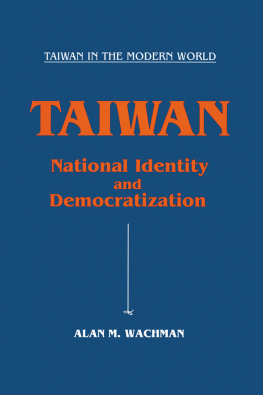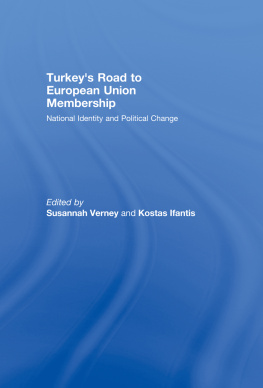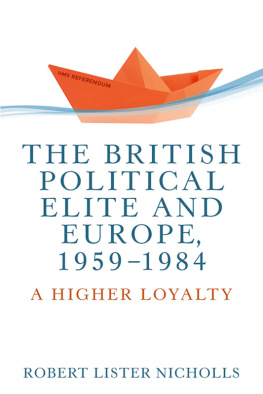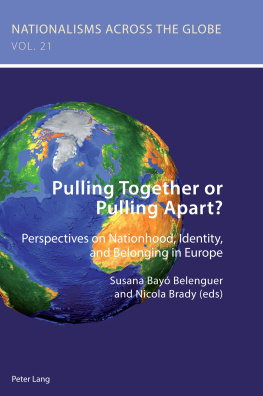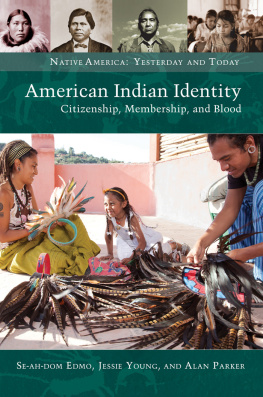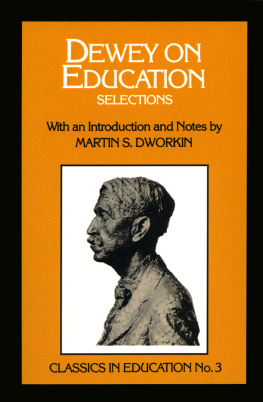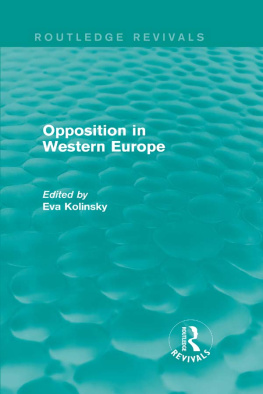Robert Dewey - British national identity and opposition to membership of Europe, 1961–63
Here you can read online Robert Dewey - British national identity and opposition to membership of Europe, 1961–63 full text of the book (entire story) in english for free. Download pdf and epub, get meaning, cover and reviews about this ebook. year: 2013, publisher: Manchester University Press, genre: Politics. Description of the work, (preface) as well as reviews are available. Best literature library LitArk.com created for fans of good reading and offers a wide selection of genres:
Romance novel
Science fiction
Adventure
Detective
Science
History
Home and family
Prose
Art
Politics
Computer
Non-fiction
Religion
Business
Children
Humor
Choose a favorite category and find really read worthwhile books. Enjoy immersion in the world of imagination, feel the emotions of the characters or learn something new for yourself, make an fascinating discovery.

- Book:British national identity and opposition to membership of Europe, 1961–63
- Author:
- Publisher:Manchester University Press
- Genre:
- Year:2013
- Rating:3 / 5
- Favourites:Add to favourites
- Your mark:
- 60
- 1
- 2
- 3
- 4
- 5
British national identity and opposition to membership of Europe, 1961–63: summary, description and annotation
We offer to read an annotation, description, summary or preface (depends on what the author of the book "British national identity and opposition to membership of Europe, 1961–63" wrote himself). If you haven't found the necessary information about the book — write in the comments, we will try to find it.
Robert Dewey: author's other books
Who wrote British national identity and opposition to membership of Europe, 1961–63? Find out the surname, the name of the author of the book and a list of all author's works by series.
British national identity and opposition to membership of Europe, 1961–63 — read online for free the complete book (whole text) full work
Below is the text of the book, divided by pages. System saving the place of the last page read, allows you to conveniently read the book "British national identity and opposition to membership of Europe, 1961–63" online for free, without having to search again every time where you left off. Put a bookmark, and you can go to the page where you finished reading at any time.
Font size:
Interval:
Bookmark:


by R. J. Footring Ltd, Derby, UK
Printed in Great Britain
by the MPG Books Group
AB | Arthur Bryant (Papers) |
ACML | AntiCommon Market League |
AP | Lord Avon Papers |
BBC | British Broadcasting Corporation |
BBC WAC | British Broadcasting Corporation Written Archives Centre |
BBK | Lord Beaverbrook Papers |
BD | John Biggs-Davison (Papers) |
BHL | British Housewives League |
BNP | British National Party |
CAB | Cabinet Files |
CAP |
Font size:
Interval:
Bookmark:
Similar books «British national identity and opposition to membership of Europe, 1961–63»
Look at similar books to British national identity and opposition to membership of Europe, 1961–63. We have selected literature similar in name and meaning in the hope of providing readers with more options to find new, interesting, not yet read works.
Discussion, reviews of the book British national identity and opposition to membership of Europe, 1961–63 and just readers' own opinions. Leave your comments, write what you think about the work, its meaning or the main characters. Specify what exactly you liked and what you didn't like, and why you think so.

